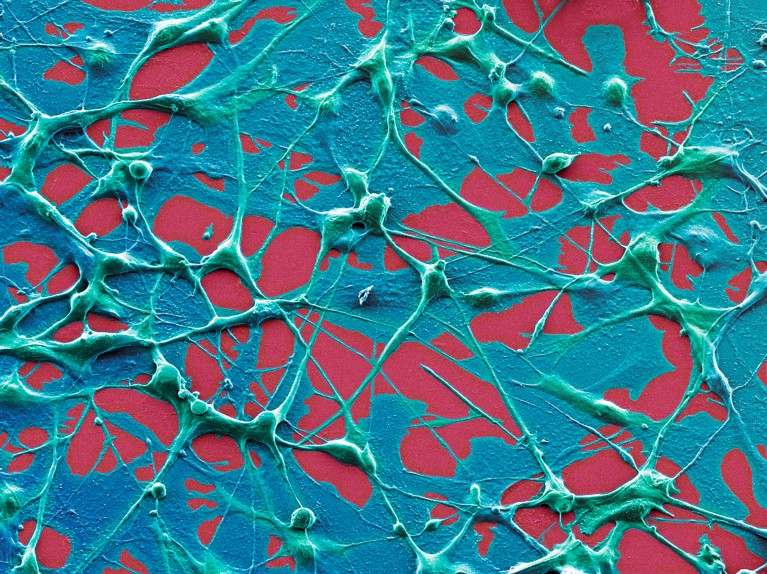Daily briefing: People with cancer lived longer if they’d had a COVID-19 vaccine
Summary
Researchers report that people receiving immune checkpoint inhibitors (ICIs) for certain deadly cancers lived longer if they had an mRNA COVID-19 vaccine within 100 days of starting treatment. Mouse experiments suggest the vaccines produce a systemic immune activation that makes ICIs more effective. The Nature briefing also highlights other short items in this edition: fragments of a rare meteorite from the Moon’s far side, a fresh claim of quantum advantage from Google, and new work on the transition between wakefulness and sleep.
Content summary
The headline finding summarises clinical observations and mechanistic follow-up in animals: patients on ICIs who received an mRNA-based COVID-19 vaccine showed improved survival compared with unvaccinated patients. Follow-up mouse studies indicate the vaccine “revved up” the immune system across the body, enhancing anti-tumour responses when combined with ICIs. The Nature briefing points to the original research paper for full clinical details and discusses the potential implications for timing vaccines and immunotherapies.
Other brief items in the same briefing: fragments of an ancient-type meteorite were identified among samples from the Moon’s far side returned by China’s Chang’e-6 mission, offering clues about early Solar System material; Google claims a new quantum algorithm called “quantum echoes” that it says may demonstrate quantum advantage for some problems; and reviews of recent work probe how the brain shifts between wakefulness and sleep, with implications for sleep disorders and creativity.
Key Points
- Patients on immune checkpoint inhibitors (ICIs) lived longer if they had an mRNA COVID-19 vaccine within ~100 days of starting treatment.
- Mouse experiments support a mechanism: mRNA vaccines produce systemic immune activation that enhances ICI efficacy.
- The finding suggests vaccine timing could influence outcomes in cancer immunotherapy — but clinical details and limitations require careful review in the original paper.
- Related briefs in the same issue include discovery of rare meteorite fragments from the Moon’s far side, a contested claim of quantum advantage from Google, and research into the wake–sleep transition.
- Reference and full clinical data are available in the linked Nature paper and source briefing.
Why should I read this?
Quick answer: because it might change how doctors time vaccines and immunotherapy. If you work in oncology, immunology, or clinical policy, this is proper food for thought. If you’re just curious, it’s a neat example of how a public-health vaccine could have surprising benefits beyond preventing infection.
Context and relevance
This finding connects two big themes: the systemic immune effects of mRNA vaccines and the optimisation of cancer immunotherapy. If confirmed and replicated, it could influence clinical guidelines on vaccination timing for patients about to start ICIs, and spark trials combining deliberate immune priming with cancer therapy. It also underlines the importance of mechanistic animal work to explain observational clinical signals. The broader briefing items (Moon meteorite, quantum claims, sleep research) situate the vaccine story within a diverse set of high-interest science updates.

